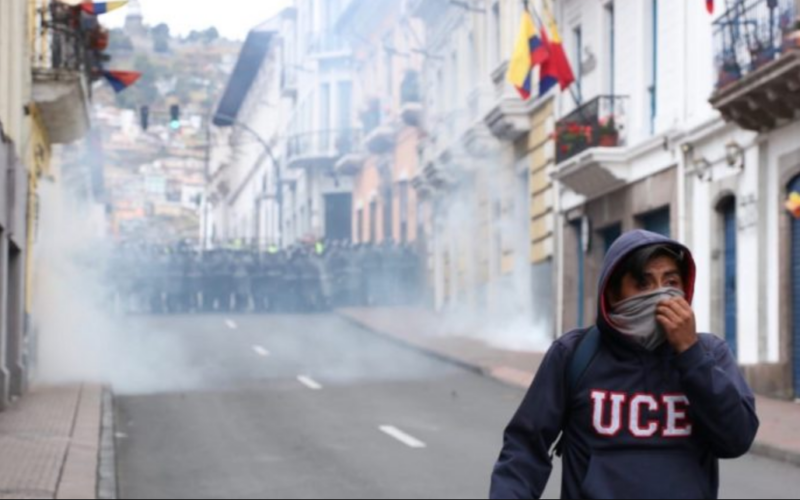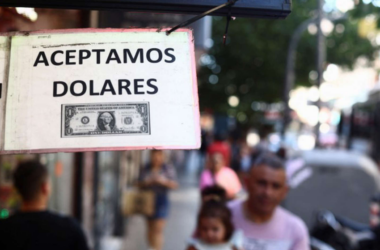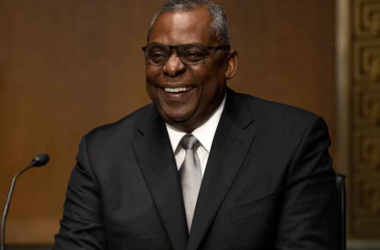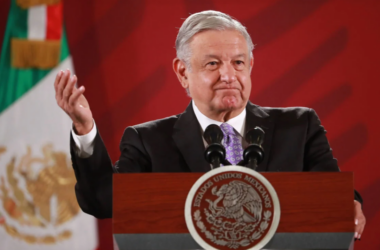Ecuador is reeling from a series of extraordinary events as 43 prisoners remain at large following a daring jailbreak in northern Ecuador. This incident comes in the midst of a state of emergency declared by President Daniel Noboa, who has instituted a 60-day state of emergency and nighttime curfew in response to the country’s escalating security crisis. The president’s security plans have triggered a surge in violence, including a live TV news broadcast stormed by gunmen, city-wide explosions, and the kidnapping of police officers.
Over the weekend, approximately 200 kidnapped guards and administrative officials were liberated from at least seven prisons, with 43 prisoners escaping during a bold breakout from a jail in Esmeraldas, near the Colombian border. The escape was uncovered during a comprehensive search operation conducted by around 2,000 members of Ecuador’s security forces. Despite efforts leading to the recapture of five inmates, the escape underscores the challenges faced by security forces in restoring order.
Security forces, comprising police and military personnel, are now intensifying operations across the country in response to the escalating crisis. The SNAI prisons agency disclosed that since the state of emergency declaration, over 1,500 individuals have been detained, and 41 operations against terrorist groups have been conducted.
The heightened violence had also led to the hostage-taking of prison staff during riots, with a total of 178 individuals, initially reported as 158 prison guards and 20 administrative staffers, held captive in various prisons. The SNAI prison authorities reported the successful release of all hostages, crediting security protocols and the collaborative efforts of the police and the national army. Emotional scenes unfolded as released guards, many in tears, were supported by their colleagues.
President Daniel Noboa, Ecuador’s youngest-ever president, has characterized the recent gang violence as a global problem, acknowledging the challenges posed by gang leaders’ escape, prison riots, and explosive incidents across cities. Facing the country’s most significant crisis since taking office in November, Noboa declared Ecuador to be in an “internal armed conflict” with powerful drug gangs controlling the cocaine trade.
In a bid to restore peace, President Noboa ordered the military to “neutralize” 22 armed groups designated as terrorist organizations. The US has offered assistance, with a delegation of law enforcement, military, and diplomatic personnel expected to arrive in Ecuador in the coming weeks. While some critics view this as interventionism, Noboa sees it as crucial to garner international attention to the narco-terrorist operations affecting not only Ecuador but also regions such as Europe and the US.
President Noboa stressed the importance of addressing the root causes of the crisis, emphasizing that drug trade operations extend beyond Ecuador’s borders, impacting regions globally. Despite the significant challenges ahead, President Daniel Noboa remains determined to confront and resolve the deep-seated issues contributing to Ecuador’s unprecedented crisis.








